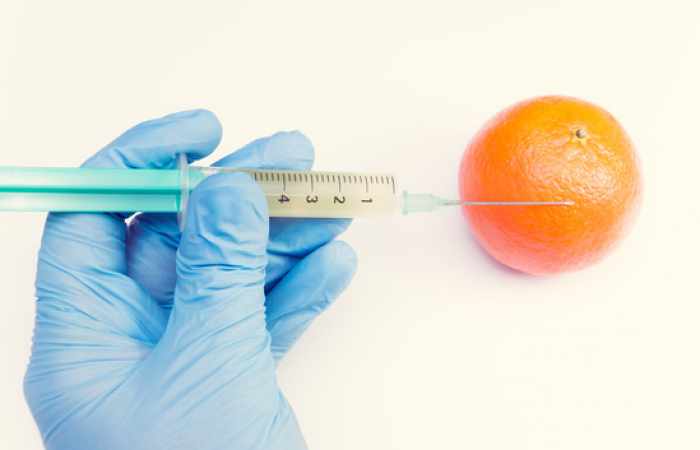How vitamin C may help cancer treatments work better

In the study, which was designed to determine if vitamin C in high doses was safe, 11 people with an aggressive brain cancer called glioblastoma were treated with vitamin C intravenously three times a week for nearly two months. The dose was increased gradually while the people underwent radiation therapy, to ensure that enough vitamin C remained in the blood. The people in the trial reported no additional side effects or adverse symptoms associated with the vitamin, only those associated with normal chemotherapy and radiation treatments.
The study was not structured to look at how effective the vitamin C was. But the researchers note that so far, all of the people in the study are alive nearly two years later. The average survival for the disease is generally around a year.
In a separate study designed to get an early sense of the vitamin’s effectiveness, the researchers also tested the high-dose vitamin C in a group of 14 people with non-small cell lung cancer. So far, 93% of the people receiving the vitamin C infusions are responding to chemotherapy and radiation, compared to 40% who usually do. In an encouraging finding, more than 30% of the people getting the vitamin C also showed signs of their tumors shrinking. Usually, only 15% to 19% of people receiving chemo and radiation see their tumors get smaller.
Vitamin C works on healthy cells as an antioxidant, combating the free radicals formed by things such as sunlight, pollutants and smoking. Study authors Douglas Spitz and Dr. Bryan Allen, both in the department of radiation oncology at the University of Iowa, believe that it can also promote oxidative damage—but only in cancer cells. Tumors seem to have higher levels of oxidative stress, which can produce free radicals. This promotes the release of unstable forms of iron, which reacts with vitamin C and causes further damage to the cancer cell.
The exciting part, says Allen, is that the unstable iron particles are unique to cancer cells. That makes them ideal targets for the vitamin C, which then may react with them to cause more damage and destroy the cell. The hope is that pairing large doses of vitamin C with chemotherapy and radiation can destroy cancer cells.
“The vitamin C stresses cancer cells that are already stressed,” says Allen. “All we’re doing is tipping it over the edge so it makes radiation and chemo more effective. Normal cells don’t have the same stress present, so vitamin C doesn’t have the same effect in causing toxicity.”
It's important to note that the doses used in these studies aren’t achievable with supplements or massive amounts of orange juice. “It’s orders of magnitude greater than the dose in a multivitamin, about 800 to 1,000 fold,” says Allen.
Using vitamin C in cancer treatment was last championed by Nobel laureate Linus Pauling. He likely had the right idea, Spitz and Allen say, but wasn’t able to use high enough doses to see an effect. They are planning to continue their work with other cancers to see if the same weakness is common to other types of tumors.
Finding ways to make existing cancer therapies work more effectively is a promising area of research. Recent studies, for example, found that taking medications at night might make them more powerful against breast cancer, since some agents that are active during wakefulness may inhibit the work of certain drugs.Much more research is needed, and Spitz, for one, hopes such strategies become more popular subjects of research so more people can benefit from the treatments they’re getting. “I think this type of work can have a rebirth,” he says.
/Time.com/















































